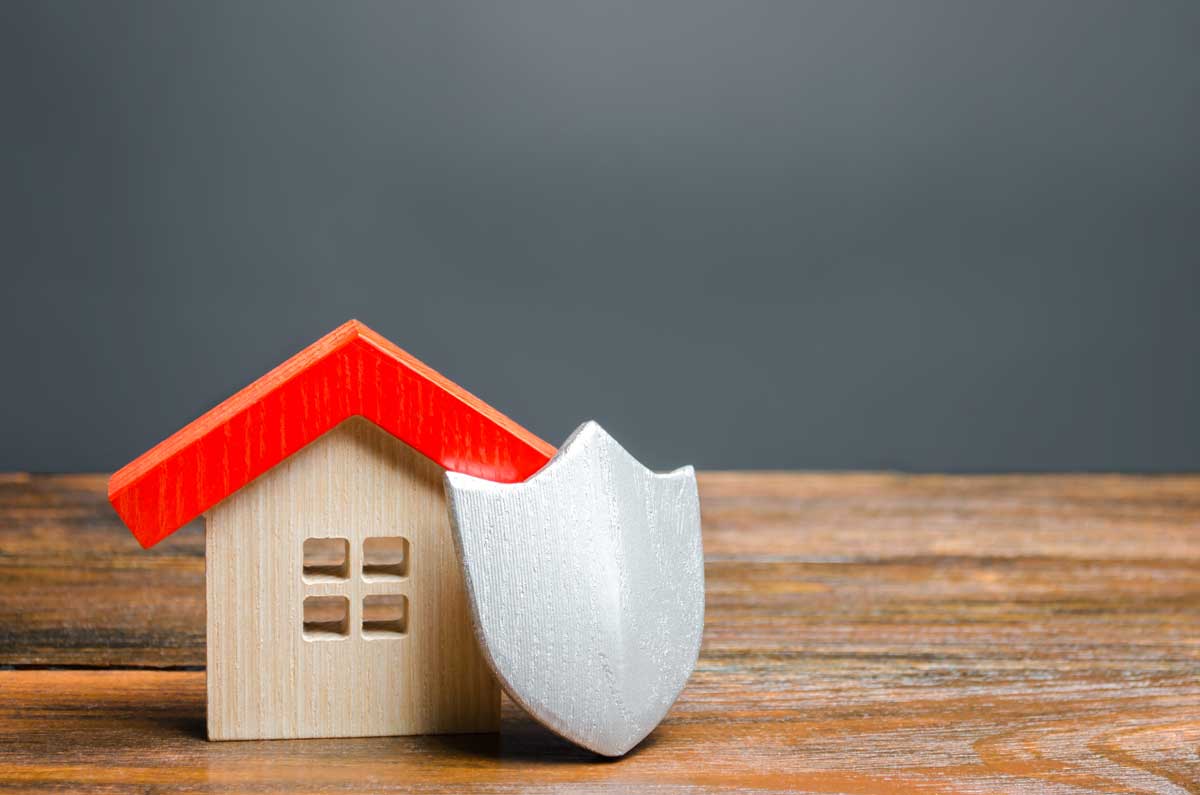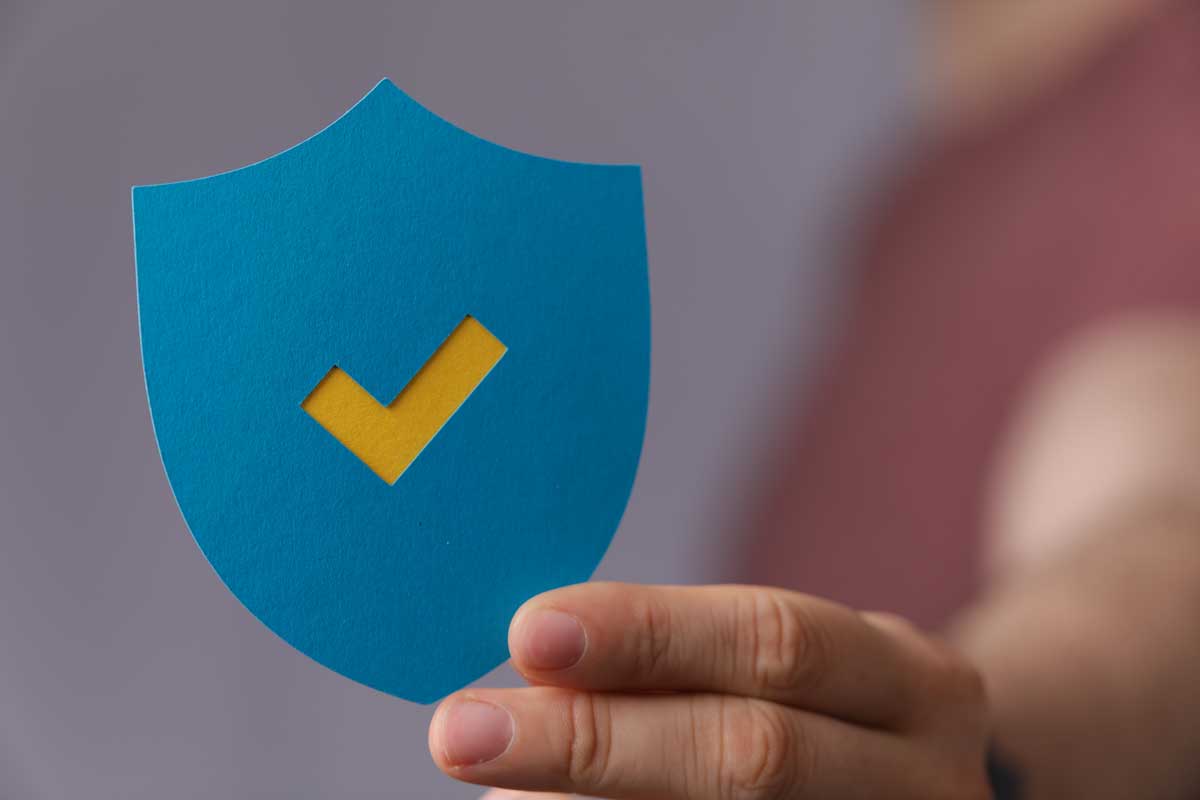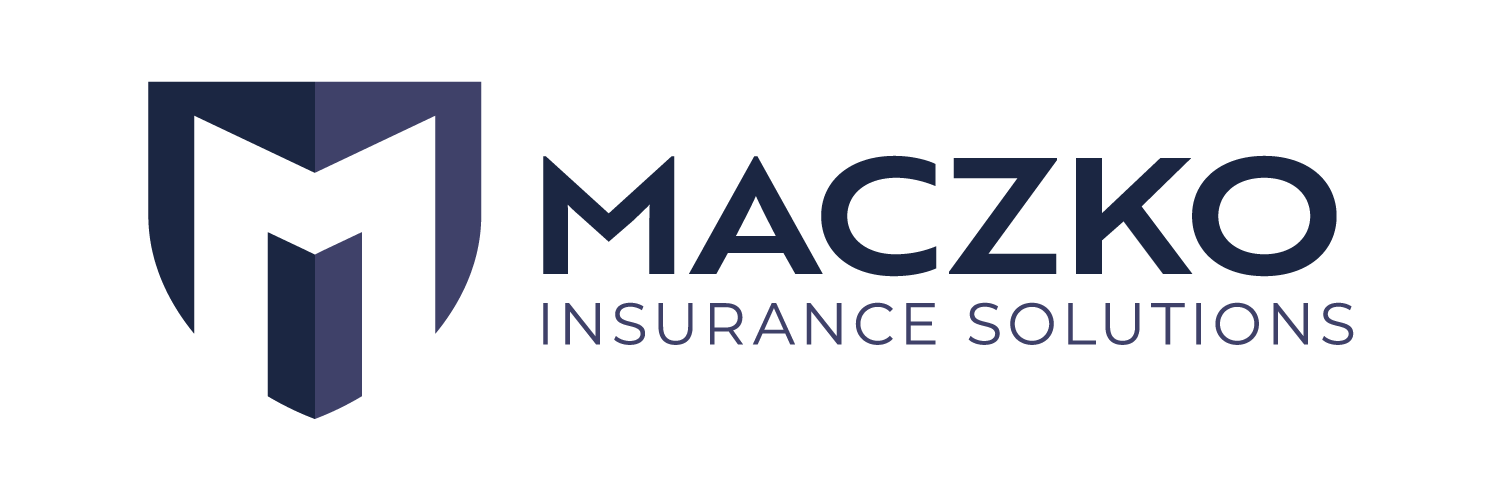
Homeowners Insurance
Coverage that safeguards your home, belongings, and liability
Homeowners insurance provides financial protection if your home or belongings are damaged by fire, storms, theft, or other covered events. It also includes liability coverage if someone is injured on your property.
You pay a premium, and in return, your insurance helps with repair costs, replacements, or legal expenses—keeping your biggest investment secure.
What a Standard Homeowners Policy Typically Covers

Dwelling Coverage – Protects the structure of your home (roof, walls, floors) from covered risks like fire or storms.
Other Structures – Covers detached structures such as garages, fences, sheds, or driveways.
Personal Property – Protects belongings like furniture, clothing, and electronics from theft or damage.
Liability Protection – Pays legal or medical costs if someone is injured on your property, or if you cause accidental damage elsewhere.
Medical Payments – Covers small medical bills for guests injured on your property, regardless of fault.
Loss of Use – Pays for temporary housing, meals, and expenses if your home becomes unlivable after a covered event.

Risks Typically Covered
- Fire and smoke
- Theft and vandalism
- Storms (wind, hail, lightning)
- Explosions
- Falling objects
- Some types of water damage (like burst pipes)

What’s Not Covered Without Extra Policies
- Floods (requires separate flood insurance)
- Earthquakes (needs a separate policy)
- Normal wear and tear, mold, or pests due to poor maintenance
Why Homeowners Insurance Is Essential
Homeowners insurance helps protect your house, your belongings, and your liability—providing a safety net when the unexpected happens

-
Protects your biggest investment – Your home.
-
Required by mortgage lenders – Most lenders won’t approve a loan without it.
-
Provides security – Peace of mind knowing you’re protected from costly losses.
Example: A fire damages your kitchen. Dwelling coverage pays for rebuilding, personal property coverage replaces appliances, and loss of use covers hotel stays while repairs are made.
Auto Insurance
Protecting you, your vehicle, and your finances on the road
Auto insurance is a contract between you and your insurer: you pay a premium, and in return, the company helps cover costs if your car is damaged, stolen, or you’re involved in an accident. It’s not just a legal requirement in most states—it’s essential financial protection against the unexpected.
Common Types of Auto Insurance Coverage

Liability Coverage – Required in most states. Pays for injuries or property damage you cause to others.
- Bodily Injury Liability: Covers medical expenses for others.
- Property Damage Liability: Covers repairs to others’ vehicles or property.
Collision Coverage – Pays for repairs to your own car after an accident, no matter who’s at fault.
Comprehensive Coverage – Covers non-collision damage, such as theft, vandalism, fire, storms, falling objects, or hitting an animal.
Personal Injury Protection (PIP) / Medical Payments (MedPay) – Covers medical bills for you and your passengers regardless of fault. PIP may also cover lost wages.
Uninsured / Underinsured Motorist Coverage – Protects you if you’re hit by a driver with little or no insurance.
Optional Add-Ons – Roadside assistance, rental car reimbursement, and gap coverage for financed vehicles.

Why Auto Insurance Matters
- Meets state requirements – Most states require at least liability coverage.
- Protects your finances – Helps avoid large out-of-pocket costs.
- Covers your vehicle – Repairs or replaces your car after accidents or damage.
- Provides peace of mind – You’re protected against life’s “what ifs.”

Peace of Mind
Financial Protection
If you rear-end another driver, your liability coverage pays for their medical bills and car repairs. Collision coverage takes care of your own vehicle.
Auto insurance is financial protection for you, your car, and others on the road.
